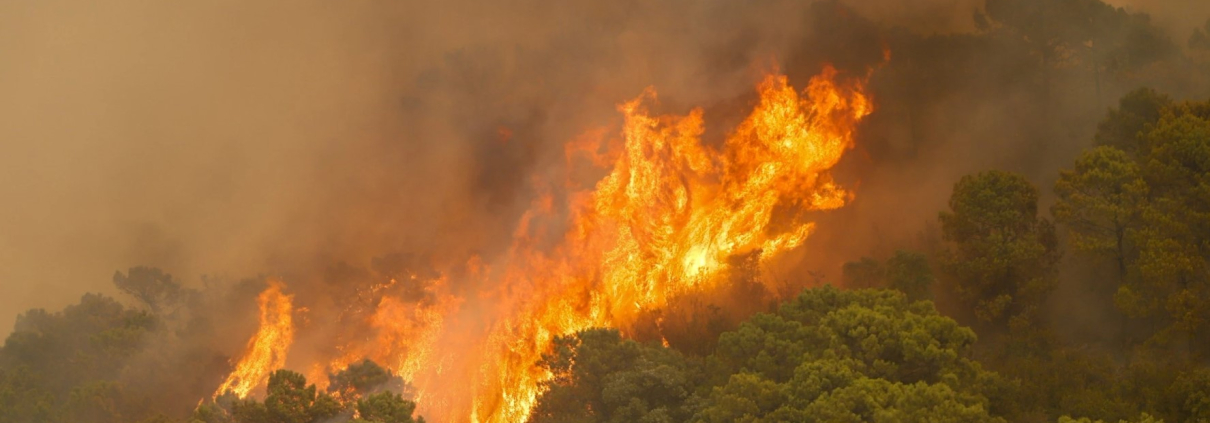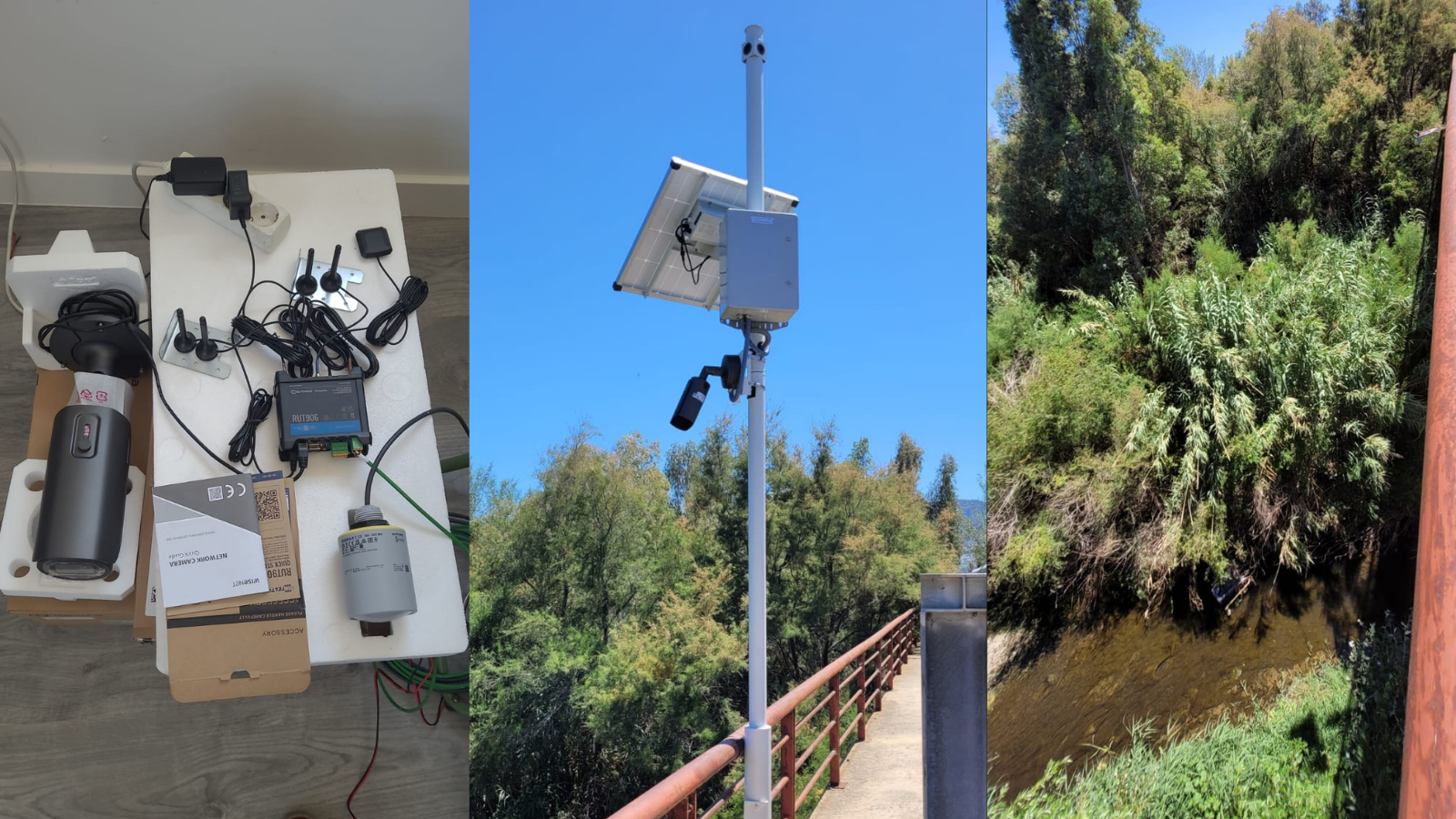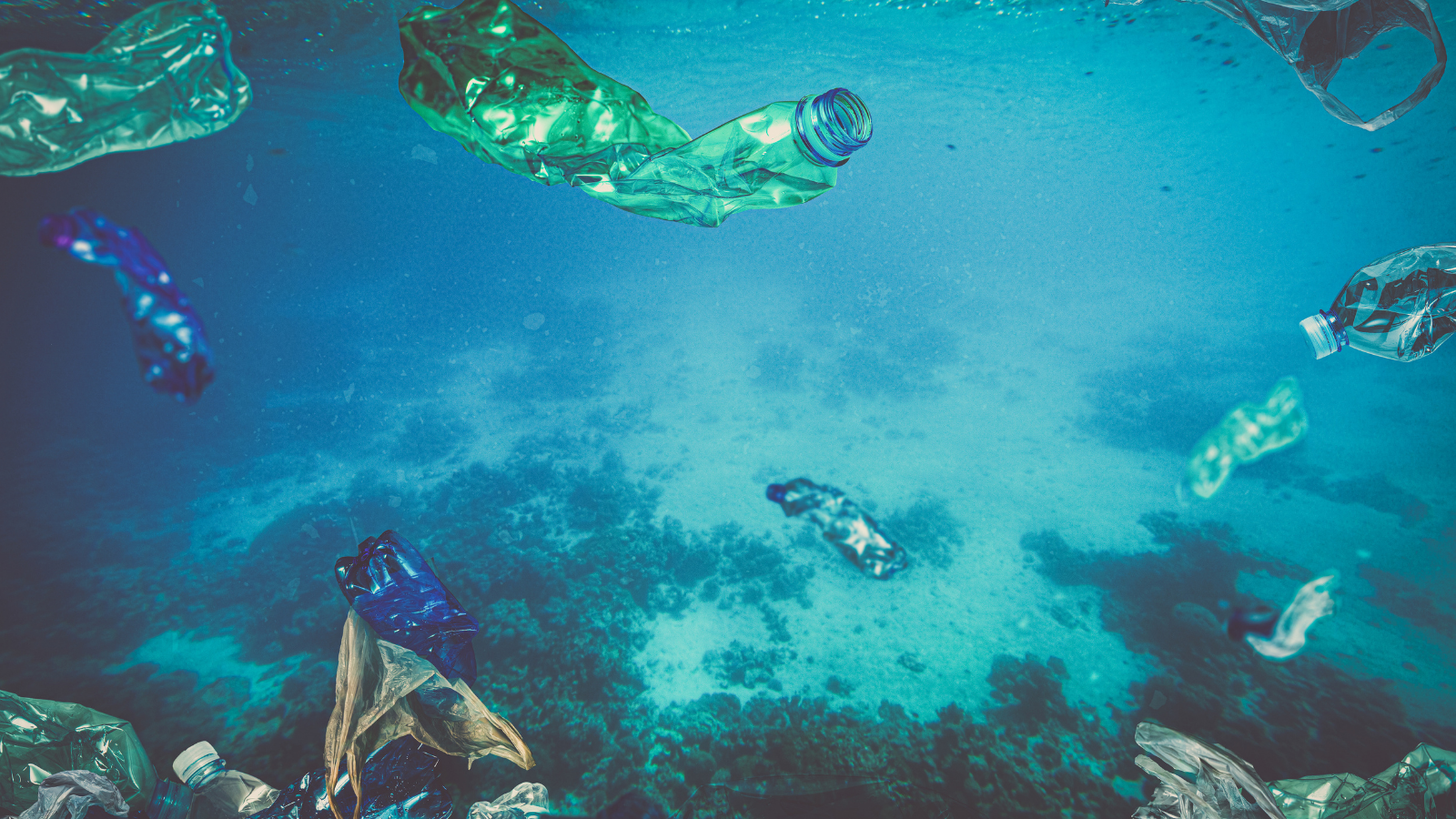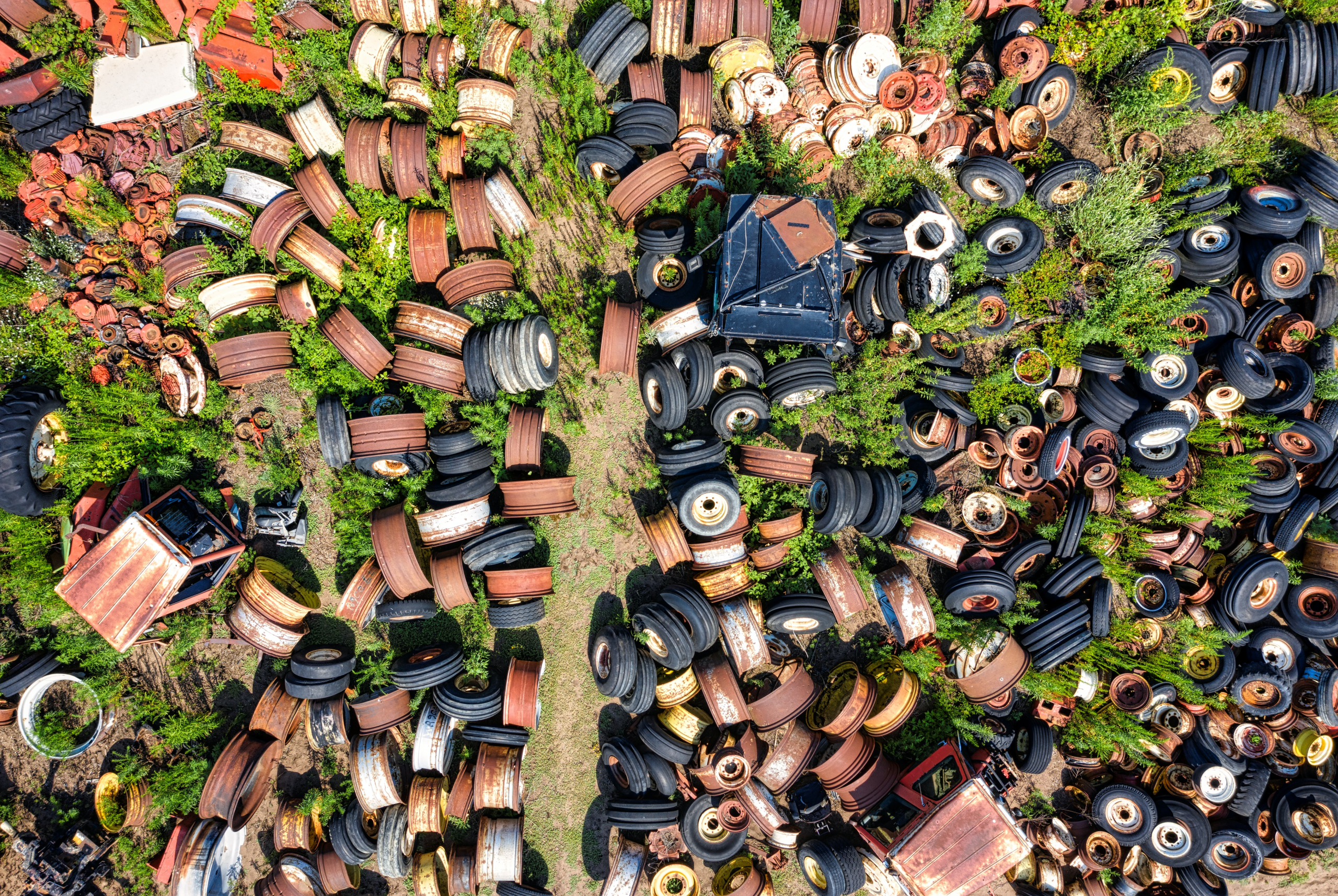Wildfires: preventive actions and post-disaster interventions
In the aftermath of the Sierra Bermeja wildfire, CIFAL Málaga developed a comprehensive set of environmental actions to deal with its consequences and enhance prevention.
Currently, the increase in environmental crimes is a reality that affects us all. There are numerous ways in which environmental criminals harm the natural heritage of an area and the ecosystem services that society derives from these environmental resources. The motives behind these acts are often related to economic interests and speculation, although sometimes they are accompanied by a high degree of misinformation, lack of empathy, and inadequate environmental education.
Four of the most common environmental crimes are:
- Deforestation: Arson and illegal logging.
- Wildlife trafficking: Buying/selling of flora and fauna and trafficking of exotic materials (ivory, shark fins, etc.).
- Poor waste management: Export and trafficking of waste, refrigerants, plastics, HFCs, etc.
- Illegal dumping: Untreated industrial wastewater discharge.
As part of the EMERITUS Project, CIFAL Málaga will develop a training program for law enforcement authorities focused on the investigation and prevention of environmental crimes related to waste, combining theoretical and practical aspects to enable end-users to utilise the platform and related technologies.
The loss of forest cover is one of the most widespread and detrimental global environmental problems, leading to ecosystem destabilisation, poor air quality, desertification, increased pest activity, and loss of soil and biodiversity. This problem is exacerbated by the exponential population growth.
Deforestation and wildfires are becoming increasingly frequent and intense, amplified by drought and climate change. Against the backdrop of climate change and prolonged drought periods occurring in Southern Europe, on 8 September 2021, one of Spain’s most significant and virulent forest fires occurred. It took place in Jubrique, a municipality in Málaga located in a protected natural area known as Sierra Bermeja. Initially, it was thought to have been caused by agricultural machinery work, but the investigation was expanded upon the discovery of two initial and nearly simultaneous fire sources. The availability of biomass (dense vegetation) and climatic conditions of low humidity and wind quickly escalated the fire to a sixth-generation level. This fire involved over 6,000 personnel and utilised 200 aerial assets but ultimately consumed 10,000 hectares of pine forest and scrubland, resulting in the death of an INFOCA operative.
Sixth-generation wildfires are characterised by being highly energetic and destructive, with the ability to disrupt local weather conditions. They generate vertically developing clouds known as pyrocumulus clouds, where the interior moisture condenses rapidly, leading to torrential rainfall and intense thunderstorms in the vicinity of the fire. At times, the air suction is so strong that the storm carries burning material, which, upon falling in a different area, ignites new fires. This is what happened in the major 2021 fire in Sierra Bermeja.
In the fight against fires and other environmental crimes, prevention is crucial. However, once they have occurred, it is necessary to focus on awareness, training, implementing regeneration actions, and, of course, creating synergies among all institutions to combat these catastrophes.
On 21 April 2023, CIFAL Málaga, a member of the EMERITUS project, carried out several environmental actions aimed at studying and regenerating the soil in the Sierra Bermeja area affected by the 2014 and the major 2021 fires. These actions included:
- Satellite study of the fire-affected area and its regeneration possibilities.
- On-site inspection of the burned area through drone flights to plan planting zones.
- Environmental workshops for creating seed bombs called “nendo dango“.
- Seed pill planting through adapted drones.
The “nendo dango” technique and seed pill coating consist of covering the seeds with clay, organic matter, and natural repellents for insects and birds to increase germination success rates.
The environmental workshops provide environmental education to local schoolchildren, emphasising the importance of conserving and caring for their surroundings and making them responsible for the protection and care of the vegetation they are planting themselves.
The seeds used are herbaceous species native to the area capable of growing in degraded soils. They contribute to the soil by fixing nitrogen and phosphorus and providing organic matter for insects that oxygenate and mix the soil. Shrubs provide shelter for various insects, small birds, and mammals, while trees can ultimately develop without issues.
Currently, only 5% of fires are caused by natural factors, while the remaining 95% are caused by negligence or intentional acts. It would be essential to establish environmental surveillance systems using new technologies such as drones or fixed cameras at highly visible points to quickly detect fire sources before they spread. By combining technological advancements with environmental education, society could pave the way for consistent, sustainable development, where nature is an integral part of human progress.
Watch this video to learn more about CIFAL Málaga’s environmental actions enacted since April 2023:





